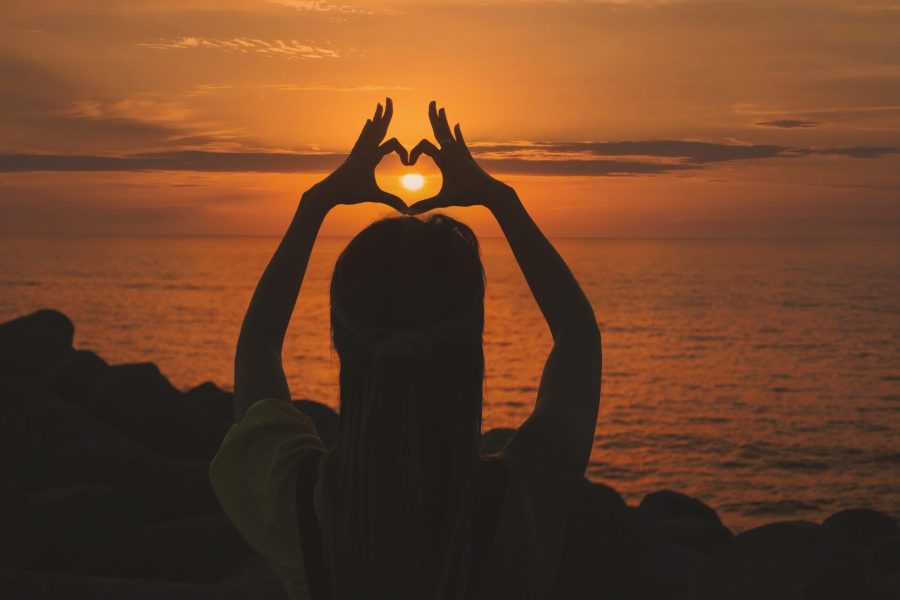Saint Anthony Mary Claret, a 19th century figure, used to say that we should have “the heart of a child towards God, the heart of a mother towards other people and the heart of a judge towards ourselves”. He borrowed this thought from Fray Luis de Granada, a Dominican writer and orator, who died in 1588 and was buried in the Church of Santo Domingo in Lisbon.
I believe that, on a day-to-day basis, we proceed in the opposite way: towards God we have the heart of distant subjects; the heart of a severe judge towards our neighbour, to whom we apply very serious sentences; and towards ourselves the heart of a mother who passes the buck.
In this we are wrong. God, indeed, either we consider Him as a Father to whom we confidently give ourselves, or He is no more than a patron to be feared, a prosecutor to be fled from, or a vampire who sucks the blood of his prey. That God does not really exist; he is a heinous idol that many people worship. I prefer to see him as a bosom friend, always open and generous.
Every man or woman is a brother or a sister whom it is important to contemplate from the right side, like a stained glass window. In that case, instead of appearing as an amalgam of unconnected features, of defects, we will discover in all of them works of art, qualities and virtues; we will conjugate the verb to love and its synonyms: to understand, to justify, to heal, to help, to serve, to promote, to elevate?
“I love you as much as if I were your mother”, said a little girl to her mother, in a moment of effusion. When love overflows like incandescent lava, when it exceeds in tenderness and giving, forgiveness and patience, it can only be compared to motherly love. The mother takes bread out of her mouth to give it to her children.
Towards ourselves, as a rule, we are too benevolent. Even for obvious mistakes we make tons of extenuating circumstances and excuses. How beautiful our face looks to us when we look in the mirror! And if we can have demands and rigours for anyone, it is by far for ourselves, for we know how much of a pebble we have in the depths of our soul. A serious examination of conscience does not allow us to sleep comfortably on the couch of mediocrity.
And now, how should our heart function in relation to nature? It must beat ecologically, that is to say, as the master of things and not their slave; more manager and administrator than absolute master and owner; more detached and liberal than hoarder and selfish. Respectful, therefore, of mountains and rivers, forests and seas, animals and plants.
Creatures, finally, are our companions; “sisters” St. Francis called them, since their life and human life involve each other. The Saint of Assisi went further and called the earth “mother”: does she not nourish all beings with her intense love and her successive fecundity? I fear that if it is treated mercilessly, as it has been in recent years, it will not long endure the wear and tear caused by over-exploitation and over-consumption. It may become deserted and infertile for future generations. Only the ecological heart of all men and women can save planet Earth.
We must have a judge’s heart in relation to ourselves – I said back – but that is not all. We also need to be forgiving and understanding. That part of creation that is ourselves deserves respect and care. We often harm it with our vices and abuses. If we do not take care of our health, if we do not cultivate our personality like a garden, the world becomes poorer and uglier. If we do not love ourselves, we love nothing and nobody.
Let us convince ourselves of this, my friends: to reform our heart is to take the first step towards improving the world.
Abílio Pina Ribeiro, cmf
(PHOTO: Aziz Acharki)






